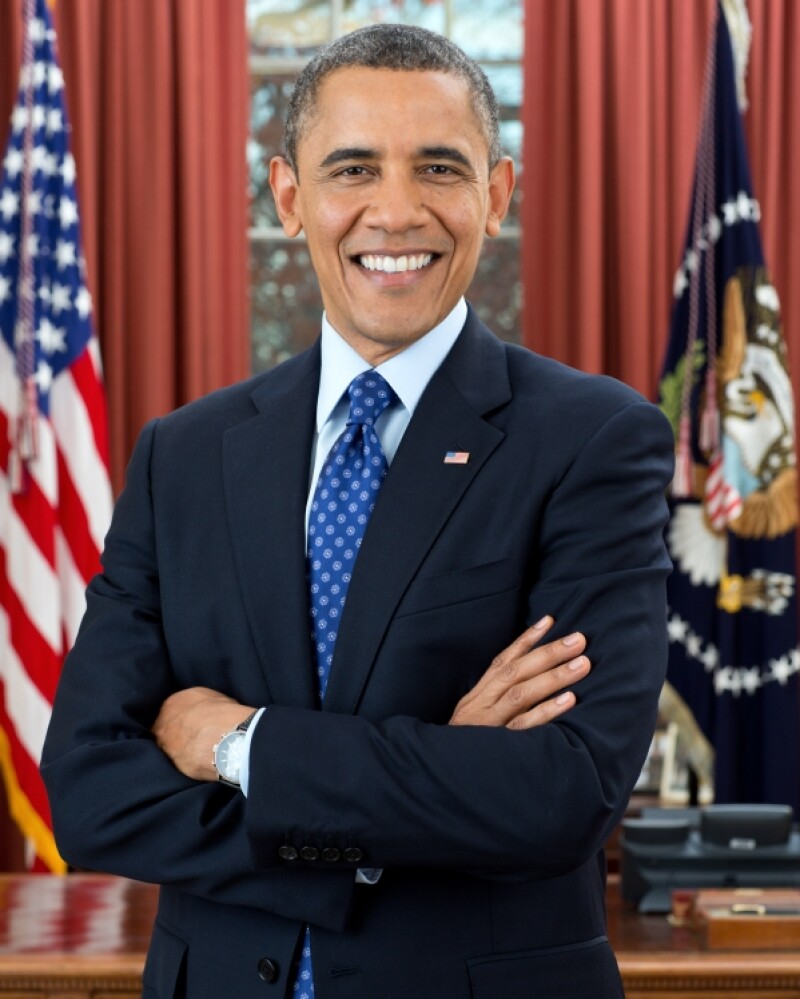
We dive deeper into the issues in this month's cover story, as well as what the IP chapter of the TPP will mean for each of the 12 countries. It is difficult to give a pithy summary of the IP chapter, given that it is 74 pages long, but it is fair to say that many of its provisions may be categorised as "TRIPS-Plus" and carry a strong US influence. Both supporters and detractors have used similar terms to describe the TPP, though whether that is a positive of negative thing really depends on who is speaking.
That said, there are still several provisions that do not reflect US law. One example is data exclusivity for biologics. US negotiators had originally pushed for 12 years of exclusivity, while developing countries and even some advanced economies like Australia drew the line at five. The final result, which is either eight years of protection or five years plus other protection and "market circumstances", is a victory for the countries pushing for a shorter period. Furthermore, for countries that already offer five years of exclusivity, there is likely no need to change the law at all as it is believed that time-consuming procedures such as securing market approval, along with the five years, is enough to satisfy the requirement, even if the protection period is in reality less than eight years.
That said, many provisions reflect US-style laws. Copyright protections is one area, where the TPP calls for a life plus 70 years term of protection identical to US law. Several countries are still at the TRIPS level of life plus 50 and will have to amend accordingly. The treaty also would require DMCA-style safe harbours for ISPs. Similarly, several practitioners from around the world say that their respective countries will have to amend their laws to include a US-style patent grace period.
The other noteworthy aspect of the TPP is what specific countries will have to do to comply. Because the treaty was designed to include a large group of countries at various levels of economic development, this means that the effect will be very different for each country. While more advanced economies like the US will have to do little if any to comply with the treaty, smaller countries such as Brunei may this as a chance to revise and update laws that have not been changed in a long while. And to throw another wrinkle into it, several of the countries, such as Singapore, already have free-trade agreements with the US, meaning that theirIP laws are already largely in line with the TPP.
For more on the TPP, check out the full-length story here. And as always, we welcome your comments and look forward to bringing you more coverage as countries move to debate, ratify and implement the treaty.









